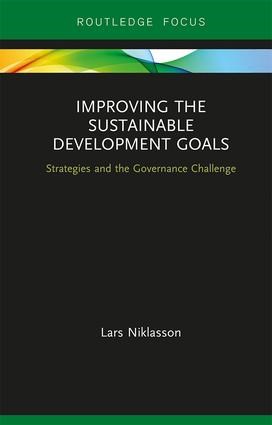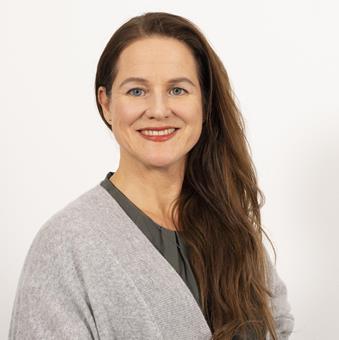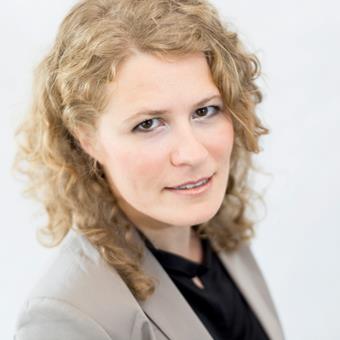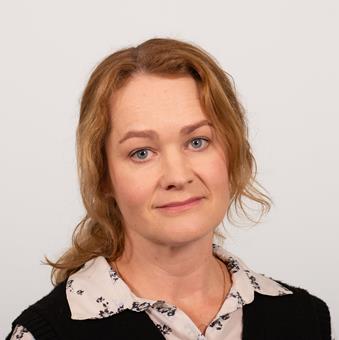My larger theme of research is global challenges. One particularly interesting example of global policy are the UN’s sustainable development goals (Agenda 2030), on which all countries in the world have agreed. The goals concern sustainable development, which constitutes a contradictory mix of policies for growth and welfare, while at the same time protecting the environment and climate. In a recent book, I have shown how the aims can be interpreted as a strategy for the development of developing countries, and how they can be reinforced as a learningpolicy for global development. (Niklasson, Lars 2019: Improving the Sustainable Development Goals: Strategies and the Governance Challenge, London: Routledge).
I have also written a textbook that summarises research into four global challenges: the environment, poverty, peace and economic integration (“globalisation”). For each field, I give an overview of the global situation and discuss various interpretations of the causes of the problems and how to solve them. I discuss the global solutions that have evolved, in the form of international regulations and organisations. I describe what can be explained by various theories of political science which explain policy developments. (Niklasson, Lars 2017: Globala utmaningar, perspektiv och lösningar. En introduktion till internationell politik och ekonomi, Malmö: Gleerups).
Perspectives taken from political science emphasise such aspects as the play of negotiations between actors, and long-term influence through new ideas and/or processes that follow certain pathways. The interpretations of a situation are often based on perspectives taken from economics, sociology or philosophy. Political lines of conflict exist not only between ideologies and parties, but also between levels of the political system and between policy fields within each level. The theories help us to understand the complexities of the global political system.





















